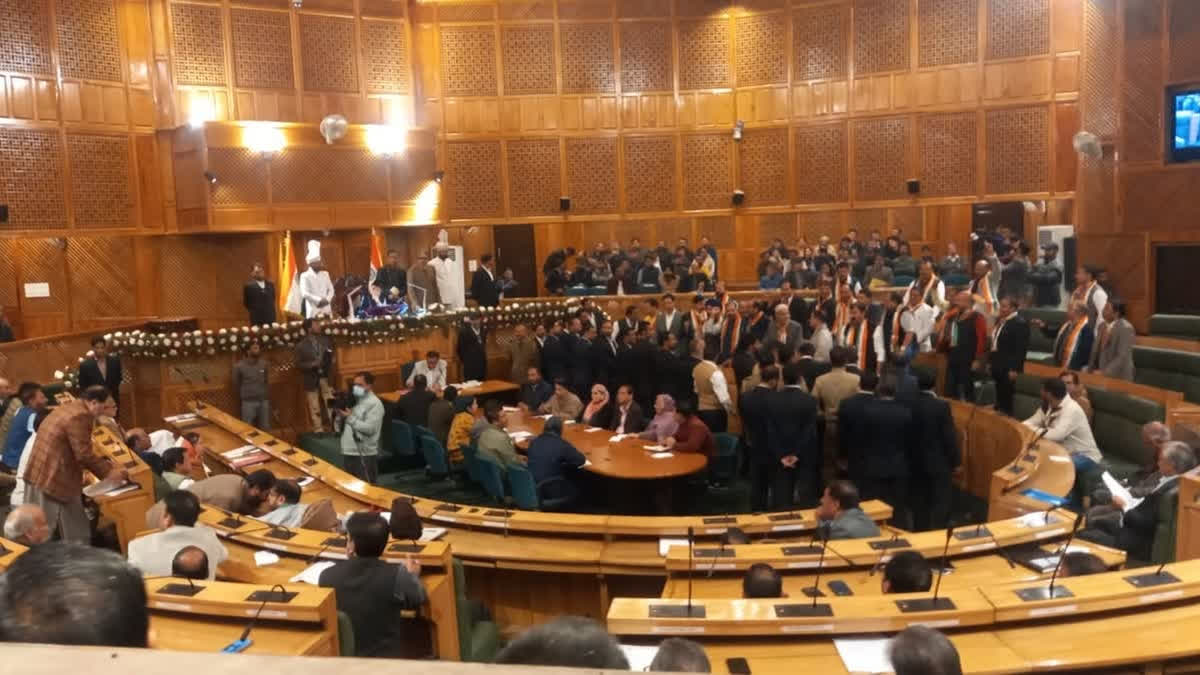Srinagar: More than four decades ago, the Jammu and Kashmir Legislative Assembly passed a bill granting permits for resettlement of people who migrated to Pakistan between 1947 and 1954. Though the National Conference introduced legislation secured a majority, it remained entangled in legal disputes and was ultimately rendered irrelevant when the erstwhile state was demoted and split into two Union Territories in 2019.
Now in 2025, the maiden budget session of the Legislative Assembly with demoted powers is set to debate on a series of private bills subject to vetting by the J&K Law Department. Among them a proposal bill submitted by Peoples Democratic Party (PDP) legislator Waheed Ur Rehman Parra seeks to legalise property rights for residents settled on state land, kacharai, common land and shamilat.
The bill closely mirrors the State Land Act (vesting of ownership to occupant), 2001, commonly called the Roshni Act struck down by the High Court of Jammu and Kashmir and Ladakh on October 9, 2020. It declared the Act ‘unconstitutional’, and ordered a CBI probe into wrongdoing by officials in implementing the Act. All allotments under the Act were declared 'void ab initio from [the Act’s] very inception'.
Enacted by former chief minister Farooq Abdullah in 2001, the Roshni Act had allowed the Jammu & Kashmir government to grant ownership rights to unauthorised occupants of state land till 1990. The government projected a revenue of Rs 25,448 crore from land transfers, intending to use the funds for power projects. But a report by the Comptroller and Auditor General (CAG) of India in 2014 disclosed only Rs 76.24 crore was raised, highlighting gross irregularities.
The proposed bill by Parra now proposes a one-time ownership grant specifically for residential properties excluding commercial structures to permanent residents as existed before the abrogation of Article 370 in 2019. Parra argues the bill is aimed to provide legal security cover to residents facing eviction in the face of change in land laws.
He claims that the legislative assembly is competent to push the Lieutenant Governor to give a nod to the Bill once passed by the majority in the House. Unlike the erstwhile House, any bill even if passed by the majority requires Lieutenant Governor’s nod. The J&K Reorganisation Act allows the LG powers to either uphold or reserve his approval or send it to the President.
